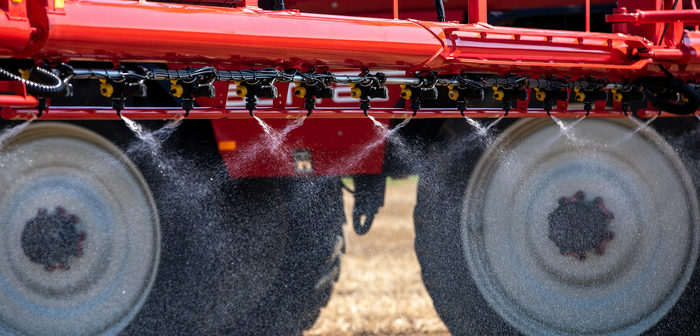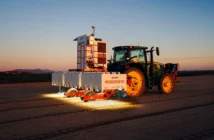The EU has failed to agree on the European Commission’s proposed 10-year renewal for the use of glyphosate.
Despite two days of technical discussion, a number of member states abstained in the Standing Committee on Plants, Animals, Food and Feed (PAFF) vote last Friday, 13th October. Austria, Luxembourg, and Croatia voted against the proposed extension.
With no qualified majority either for or against, an appeal committee will now reconsider the Commission’s text, with a second vote due to take place in the first half of November. If a qualified majority is not achieved in November, the Commission will take a final decision on the renewal.
Earlier in the year, the EU executive recommended renewing the approval of glyphosate for a further 10 years beyond its 15 December expiry date. This followed a report from the European Food Safety Agency (EFSA) which cited ‘no critical areas of concern.’
However, some EU officials suggested that the EFSA analysis was based on incomplete data.
In the hope of gaining an agreement, the European Commission had sought to introduce ‘risk mitigation measures’ including 10-meter buffer strips and low-drift nozzles.
NGO Pesticide Action Network (PAN) Europe, which had fiercely criticised the Commission’s proposed renewal, welcomed member states’ decision to delay the decision.
Luxembourg is the only EU country to have temporarily banned the substance in the past. The Dutch had already announced they would oppose the renewal. In September, the German agriculture minister warned of the threats of glyphosate to biodiversity and stressed the need for a coordinated phase-out at a European level.
Italy voted in favour of the 10-year extension but included conditions restricting glyphosate’s use.




